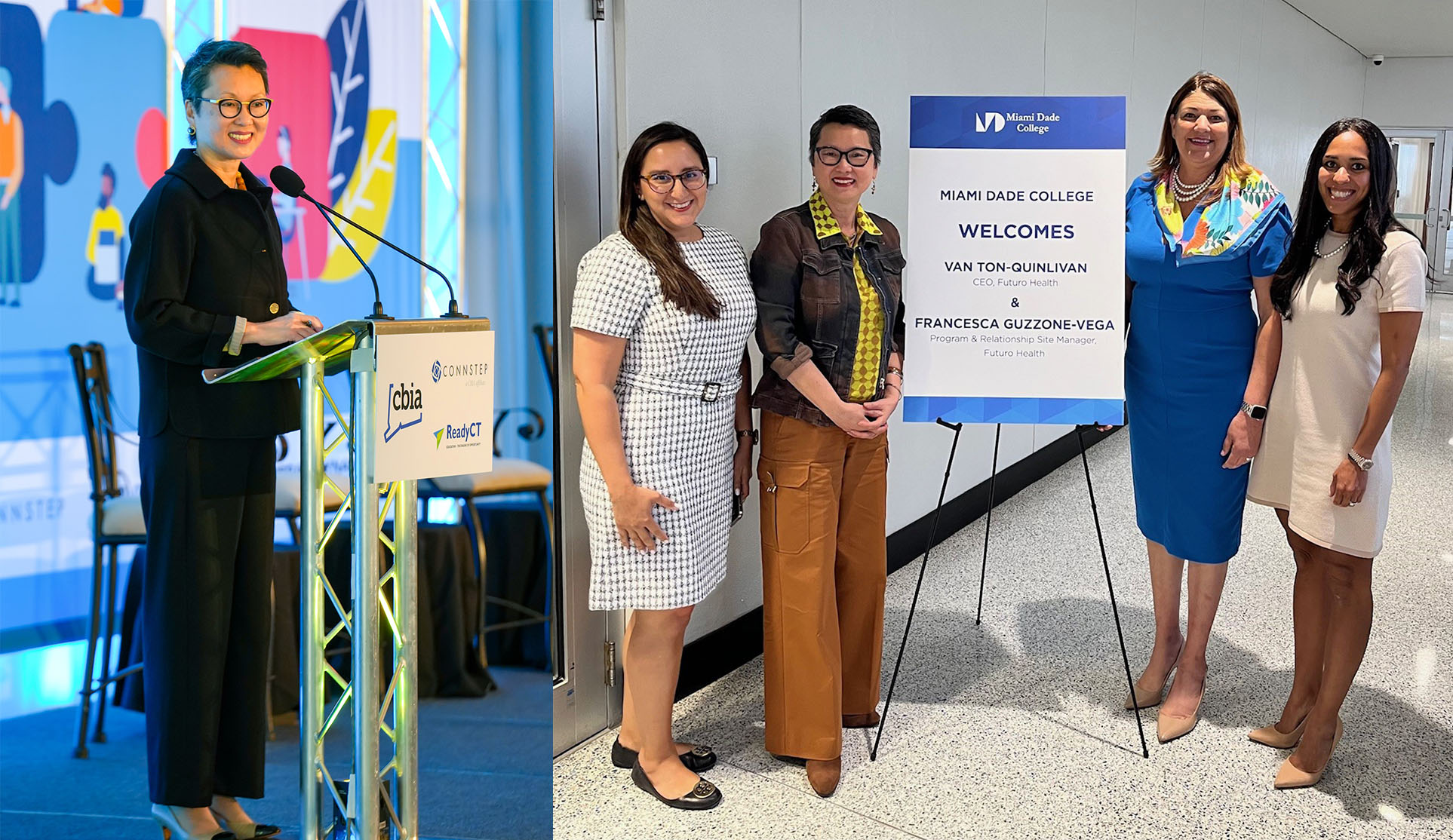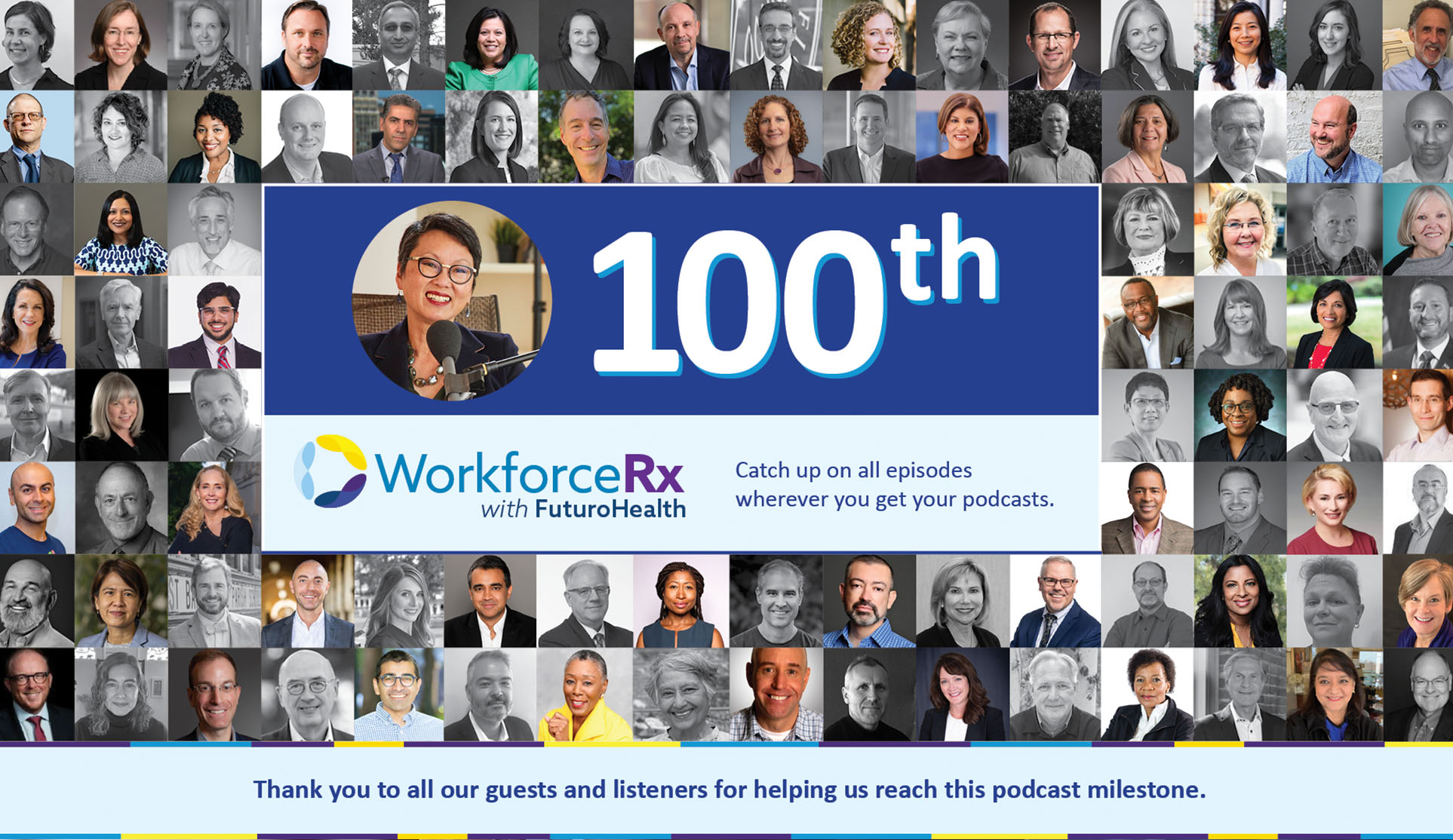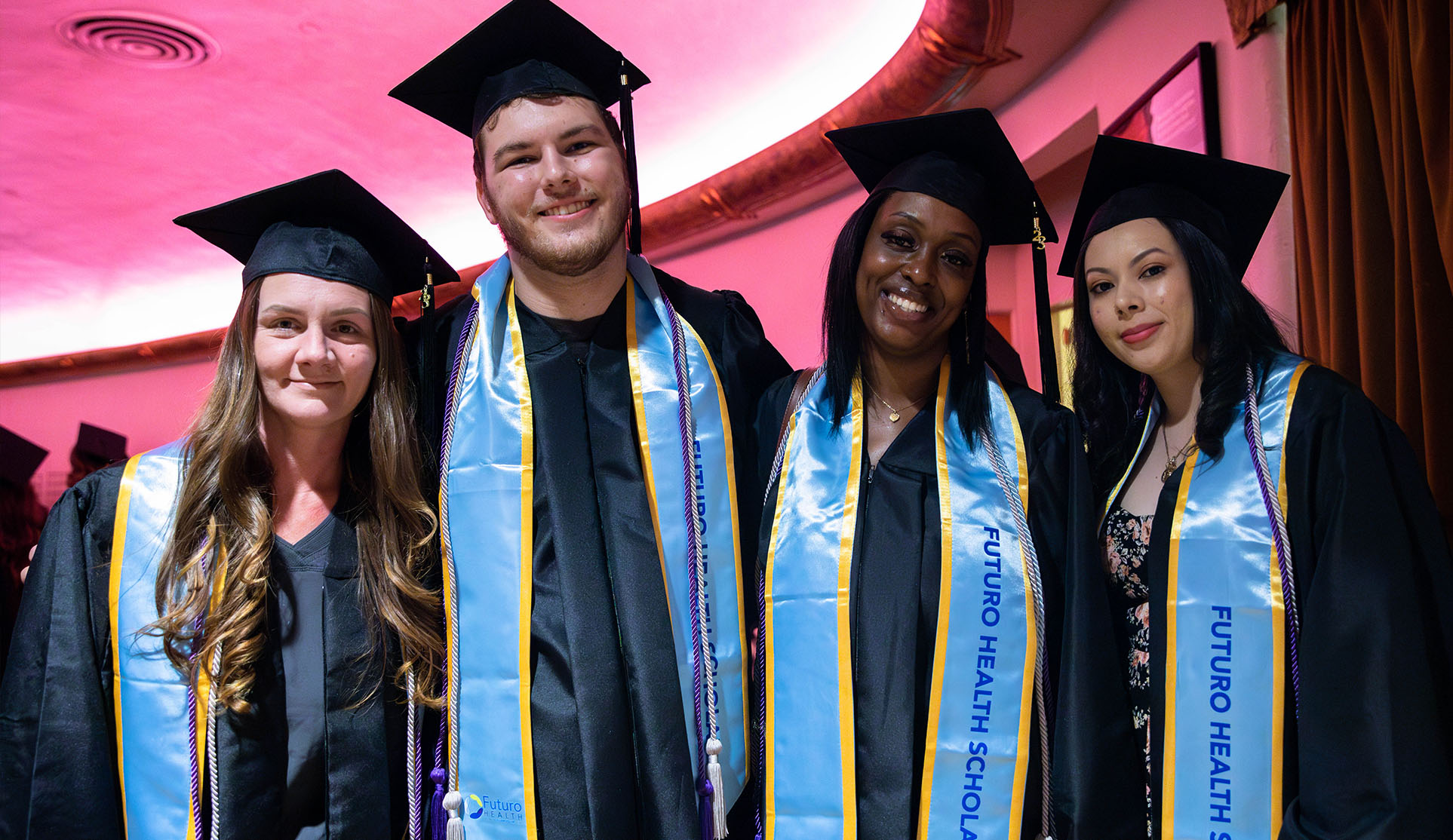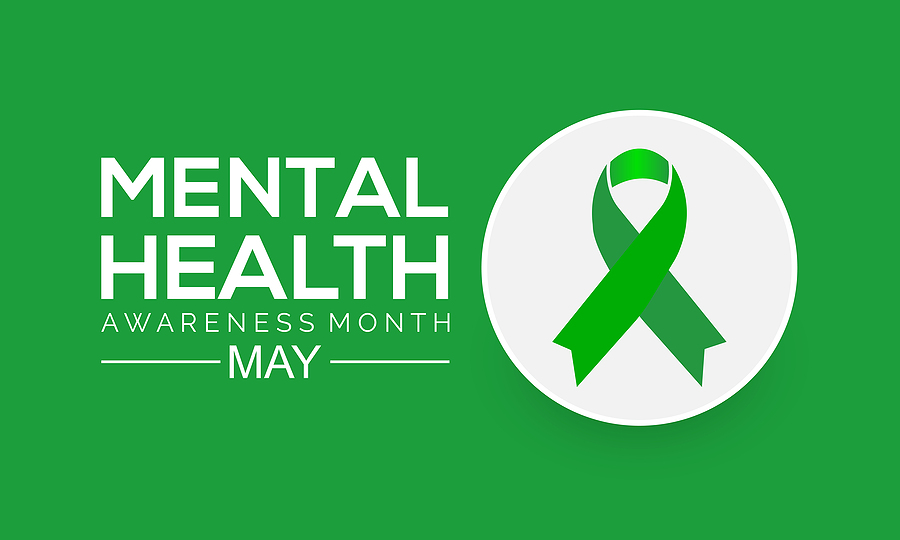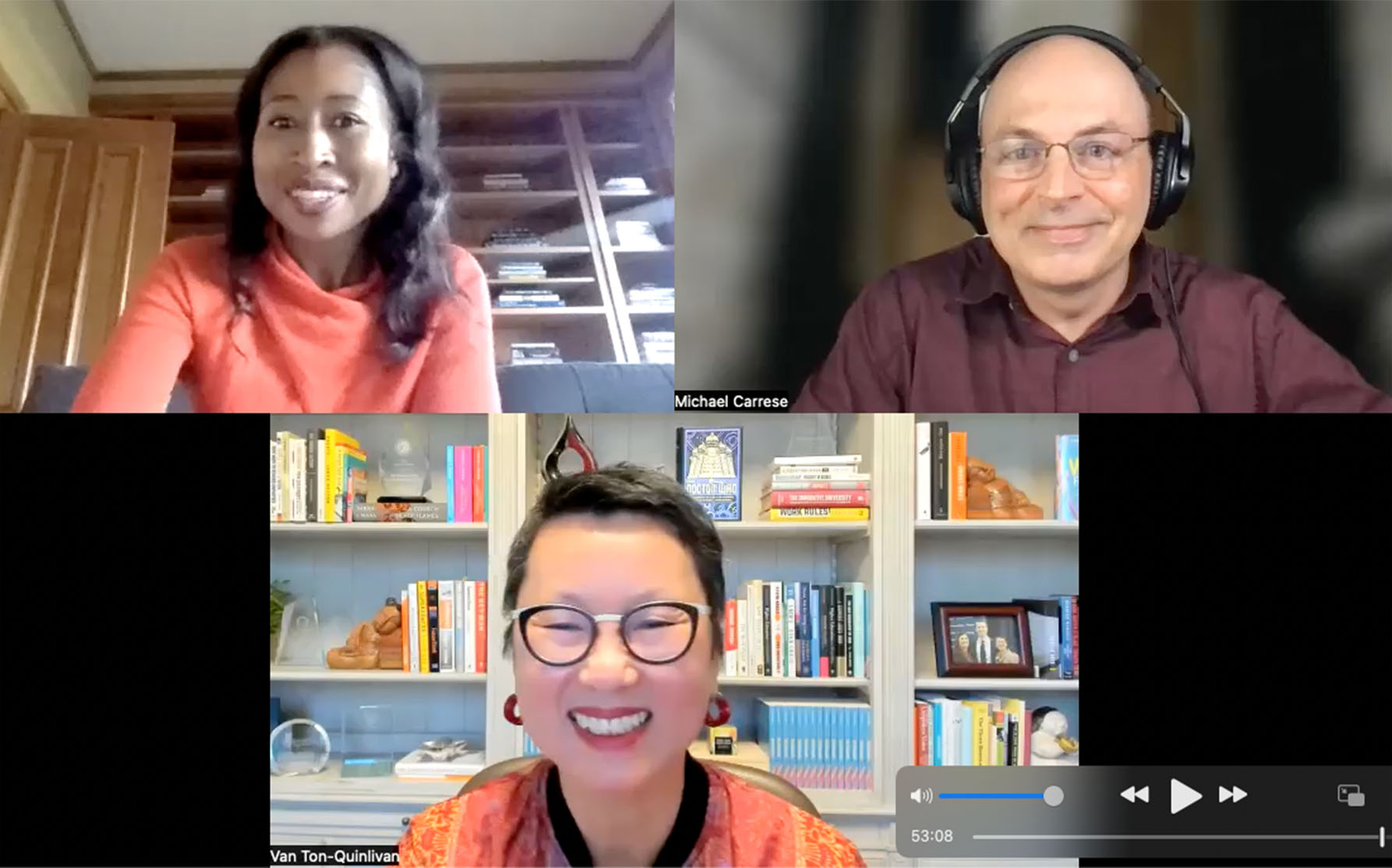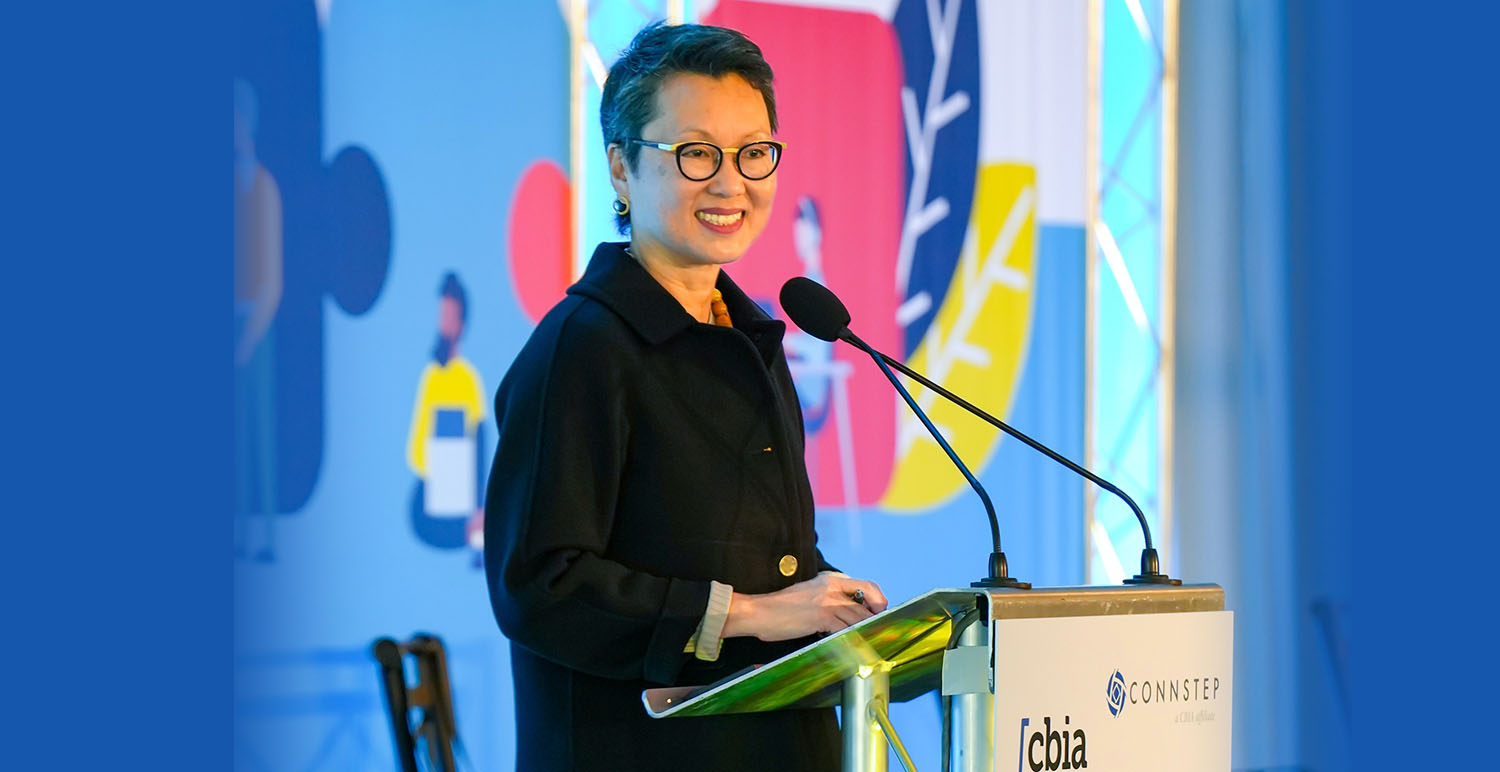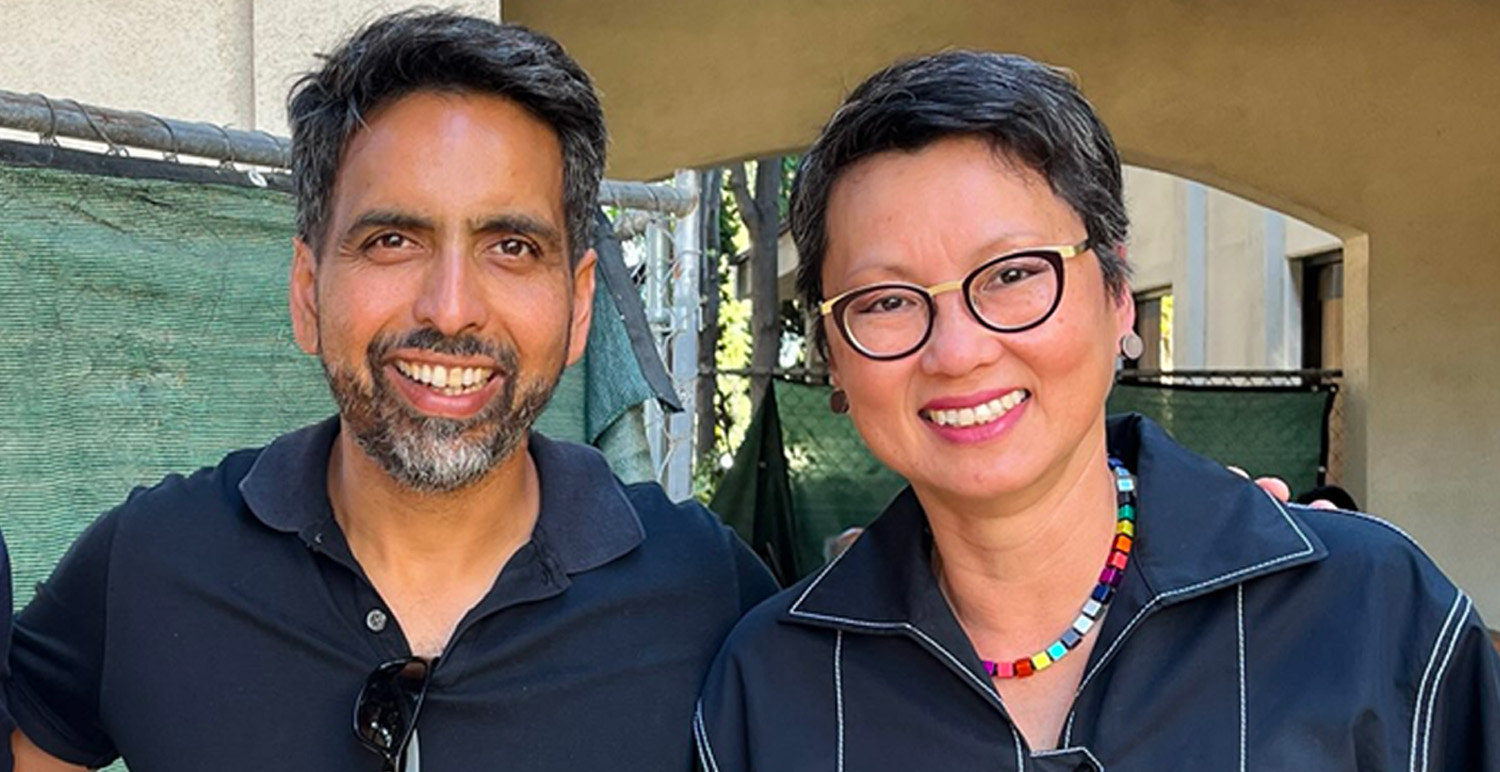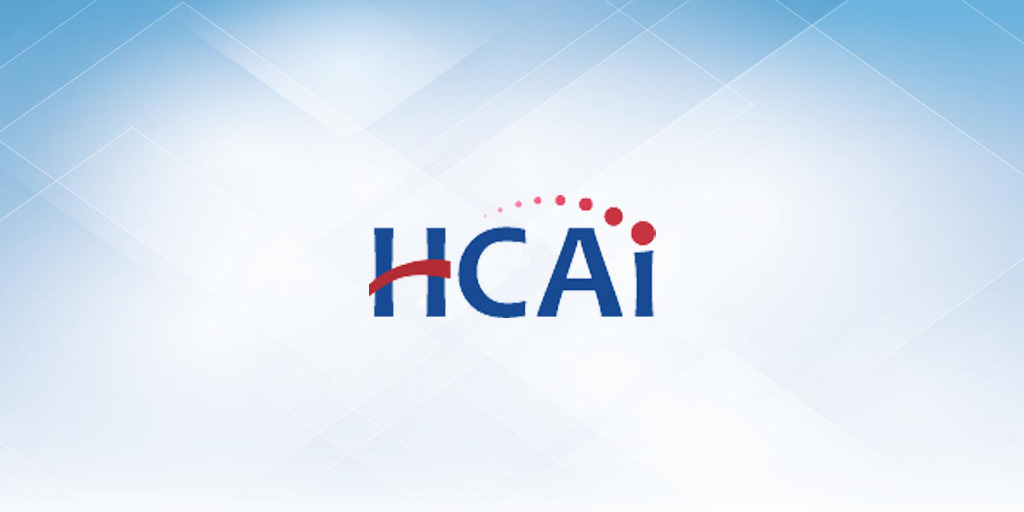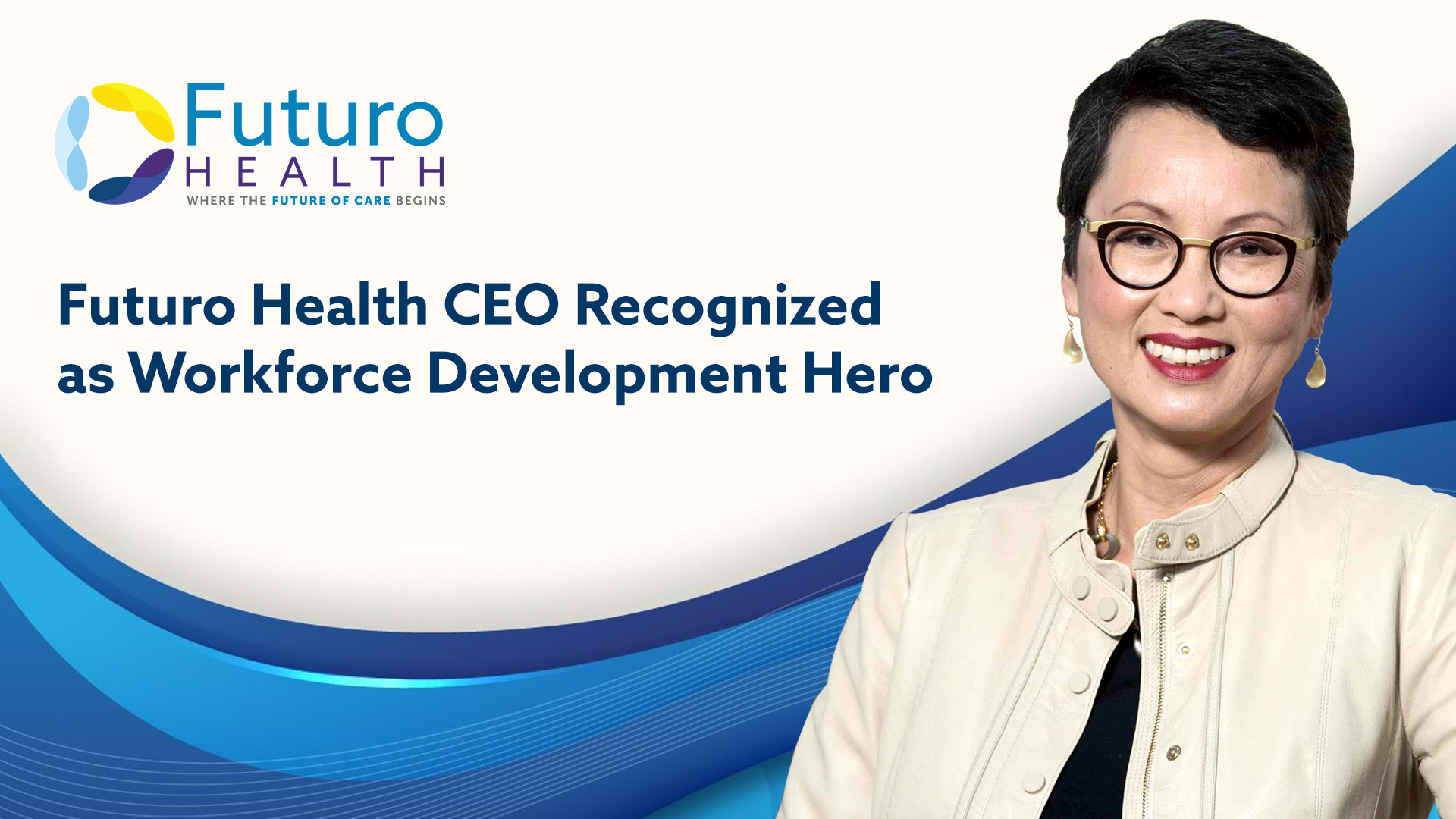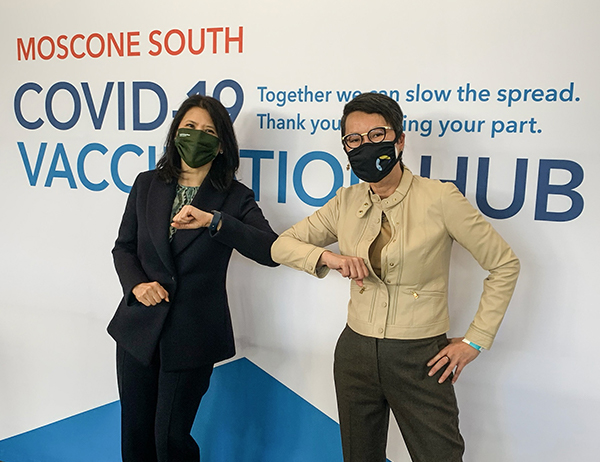The Hidden Crisis in Behavioral Health: Gambling and the Workforce We Need
By Van Ton-Quinlivan, CEO of Futuro HealthThe U.S. is in the midst of a deepening mental and behavioral health crisis,…
Addressing Healthcare Worker Shortages: Insights from Keynote Speaking Across States
By Van Ton-QuinlivanConnecticut, Texas, New Mexico, California, Nevada, Wyoming, New York – This month, I added Florida to the list…
100 Episodes of WorkforceRx: Insights, Innovation, and Impact
By Van Ton-Quinlivan, CEO, Futuro HealthWhen I launched the WorkforceRx podcast to spotlight leaders shaping the future of work, learning,…
Allied Health Roles & The Primary Care Doctor Shortage
By: Van Ton-Quinlivan, CEO, Futuro HealthThe U.S. should expect a shortage of 64,000 physicians by year-end with the deficit growing…
Going for Gold: AI, Apprenticeships, and Shaping Workplace Champions
By: Van Ton-Quinlivan, CEO, Futuro HealthLike millions of others around the world, I spent the past two weeks captivated by…
Reshaping the Mental and Behavioral Health Workforce
By: Van Ton-Quinlivan, CEO, Futuro Health Mental Health Awareness Month arrives with a poignant reminder of the growing shortage of…
Employers battle retention tension with new skills – and can generative AI help?
By: Van Ton-Quinlivan, CEO, Futuro HealthAs employers know, we are in a serious healthcare workforce shortage. According to AMN Healthcare,…
Nurturing a diverse and resilient healthcare workforce
Last October, I was a part of a global panel put on by Women in Global Health, related to their…
Everything everywhere all at once: the proliferation of healthcare worker shortages
We need to own up to some hard truths. It’s getting dire out here. There are pervasive shortages in healthcare…
Thanksgiving Reflections on Partnerships, Progress, and Futuro Health's Journey
By Van Ton-Quinlivan, CEO, Futuro Health As we observe this Thanksgiving season, I am grateful on so many fronts.We appreciate…
The Future of Aging and Automation
I just returned from a Future of Work design thinking workshop hosted by IDEO and Blue Meridian Partners in NY. …
The Healthcare Workforce Crisis. Are Students Drowning in Debt or Is the Industry Under-Selling Its Jobs?
By: Van Ton-QuinlivanEducation and training are requisites in the highly credentialed field of care. Nowadays, however, it is difficult to…
Mental Health and the Healthcare Workforce Crisis
By: Van Ton-QuinlivanDuring May, the nation observes Mental Health Awareness Month, dedicated to raising awareness, challenging stigmas, and advocating for…
The Unique Role of an “Education Whisperer” in Workforce Development
By: Van Ton-Quinlivan In the U.S., over 80% of healthcare facilities have reported a shortage of allied healthcare workers. This…
A Podcaster’s (Grateful) Perspective: What would ChatGPT Say?
Recently, we celebrated the release of the 50th episode of my podcast WorkforceRx with Futuro Health. As I reflect on…
Speaking Out - The Healthcare Workforce Crisis
Through our Futuro Health Speakers Bureau , I am frequently invited by employer groups, national organizations, and education- and workforce-based…
What We Can Learn from Education Disruptor All-Star Sal Khan and His Innovations
I have the privilege of meeting many leading experts and innovators in the education and healthcare sectors in my role…
Filling the Mental Health Worker Pipeline Amid a Growing Crisis
By Van Ton-Quinlivan, CEO Futuro HealthYou don’t have to look further than the daily news headlines to be reminded that…
Microcredentialing: A Responsive Solution for Leveraging Untapped Talent
Last December, the Washington Post called our current labor crisis “the most unusual job market in modern American history,” citing…
Solving Workforce Shortages is Not an Individual Sport: What Healthcare Needs to Do Differently
by Van Ton-Quinlivan, CEO of Futuro Health and Jeff Weiss, Founder and Managing Director of Center for Corporate Innovation (CCI) We…
As the Nation Grapples with a Mental and Behavioral Health Crisis, Futuro Health Named by California as a State-Approved Provider to Grow Peer Support Specialists
Starting this July, legislation that passed in 2020 will begin changing how the vulnerable in California’s communities receive care. As…
A Playbook for a Post-COVID Workforce: Talking ‘WorkforceRx’ with Experts from Education and Industry
Last December, the Washington Post called our current labor crisis “the most unusual job market in modern American history,” citing…
Futuro Health CEO Named Vice Chair of California Health Workforce Education and Training Council 
CEO Van Ton-Quinlivan, appointed by Governor Newsom to the Health Workforce Education and Training Council, has been selected as Vice…
Sheroes
All month, in honor of National Women’s History month, we have asked our followers to share a story of a…
Futuro Health CEO Recognized as Workforce Development Hero
Van Ton-Quinlivan named as “Workforce Hero” for making life-changing differences through innovation. [Sacramento, CA] —National Association of Workforce Development Professionals…
Experts Discuss What Matters in Workforce Development Today and What Is Next
COVID-19 might have sparked the labor crisis in America, but the systemic issues that underlie it predate the pandemic —…
Invest in a Culture of Learning
The old way of managing a workplace was relentless, and the message was clear: Work comes above all else. That…
Here’s the Prescription for Workforce Transformation: Industry-Education Collaboration
The pandemic has wreaked havoc on the labor market, which already was in turmoil before we ever heard of COVID-19.…
Futuro Health Vaccination Clinic Leads to Allied Health Graduates
For licensed vocational nursing student Majida Elmellah, it doesn’t get much better than this. In need of clinical hours to…
The Upward Swing of Upskilling: Futuro Health’s Reskill & Upskill Programs Serve Critical Needs
When Larry Good’s wife, Rhonda, suffered septic shock from an E. coli infection and became a quadriplegic, the pair interfaced…


